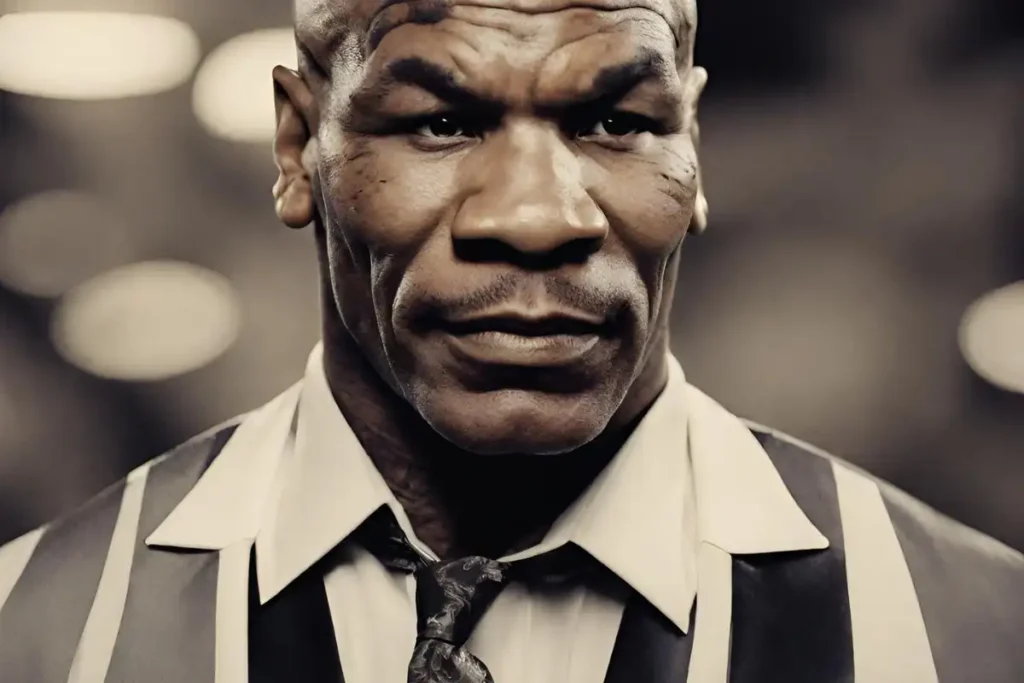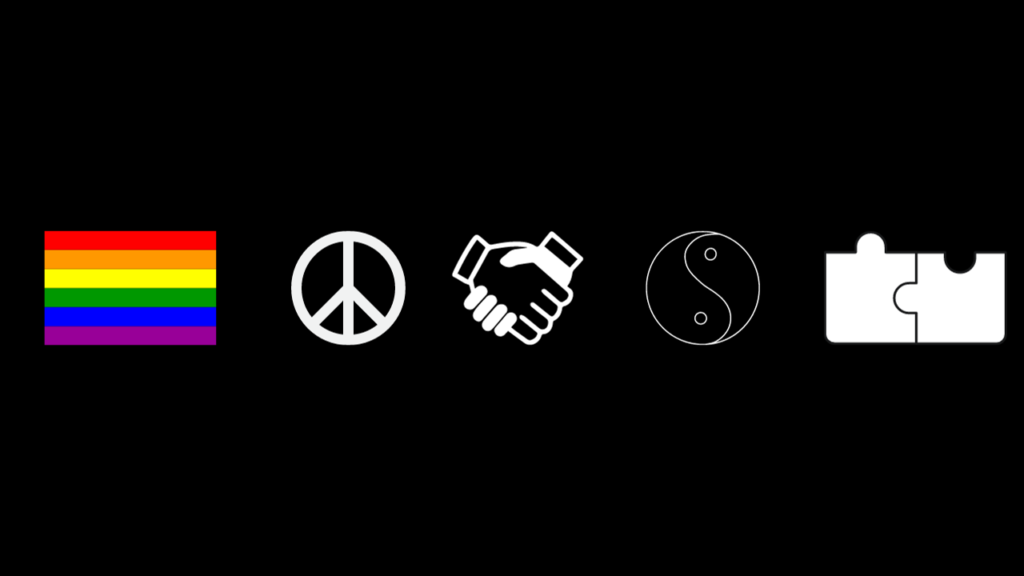Mike Tyson, a former professional boxer, has been the subject of many health speculations throughout his career. In recent years, there has been speculation that Tyson may have autism spectrum disorder (ASD). While there is no definitive answer to this question yet, it is important to consider the implications of a potential diagnosis on his mental health and wellness, as well as that of his family and fans.
ASD is a neurodevelopmental disorder that affects communication, social interaction, and behavior. It is a spectrum disorder, meaning that symptoms and severity can vary widely from person to person. Some common symptoms of ASD include difficulty with social interaction, repetitive behaviors, and difficulty with communication.
While Tyson has not been officially diagnosed with ASD, some of his behaviors and traits have led to speculation that he may be on the autism spectrum. For example, Tyson has spoken about his struggles with social anxiety and difficulty with communication. He has also exhibited repetitive behaviors, such as his famous pre-fight ritual of jumping up and down and clapping his hands.
It is important to note that not all individuals with ASD exhibit the same behaviors or traits, and not all individuals who exhibit these behaviors or traits have ASD. Additionally, it is important to remember that speculation about a celebrity’s health should be taken with a grain of salt, as it is impossible to know for sure without an official diagnosis.
Mike Tyson’s Personal Life
Mike Tyson’s personal life has been tumultuous and well-documented. He was born in Brooklyn, New York, in 1966 and had a difficult childhood. Tyson’s father abandoned the family when he was two years old, leaving his mother to raise him and his siblings alone. Tyson’s mother passed away when he was 16 years old, and boxing trainer Cus D’Amato subsequently took him in.
Throughout his life, Tyson has struggled with addiction and legal issues. He has been arrested multiple times for charges ranging from assault to drug possession. Tyson has been open about his struggles with mental health, including depression and anxiety.
Despite his struggles, Tyson has also had many successes in his personal life. He has been married three times and has eight children. Tyson has also been involved in various philanthropic efforts, including founding the Mike Tyson Cares Foundation, which aims to “give kids a fighting chance” by supporting organizations that provide education and healthcare services to underserved communities.
Public Perception and Media
Mike Tyson has been a public figure for decades, and his dynamic boxing career and personal life have kept him in the public eye. In recent years, there has been speculation about whether Tyson has autism. The media has played a role in shaping public perception of autism, and its portrayal of autism can influence public attitudes and stigmatization.
Recently, autism has received increased attention in mainstream media. A scoping review on the portrayal of autism and its stigmatizing effect found that mainstream media is a common source of information on mental health. The review also found that the media’s portrayal of mental disorders can influence public perceptions and stigmatization [1].
The media typically represents autism in one of two ways: either as a disability that needs to be cured or as a superpower that gives people with autism an advantage. The first type of representation is based on the idea that autism is a disease that needs to be cured. This type of representation can lead to negative attitudes and stigmatization towards people with autism. The second type of representation is based on the idea that autism is a superpower that gives people with autism an advantage. This type of representation can lead to positive attitudes and acceptance of people with autism.







